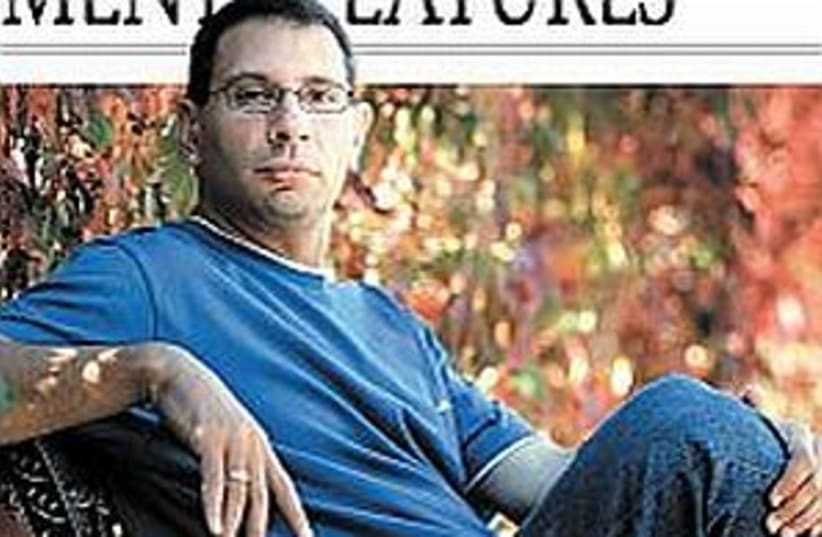| More about: | Baton Rouge, Louisiana, Yiddish language, Memphis, Tennessee, Houston |
The accidental tourist
It pains me that the New Orleans that will rise from rubble will be different from the one I left.


| More about: | Baton Rouge, Louisiana, Yiddish language, Memphis, Tennessee, Houston |